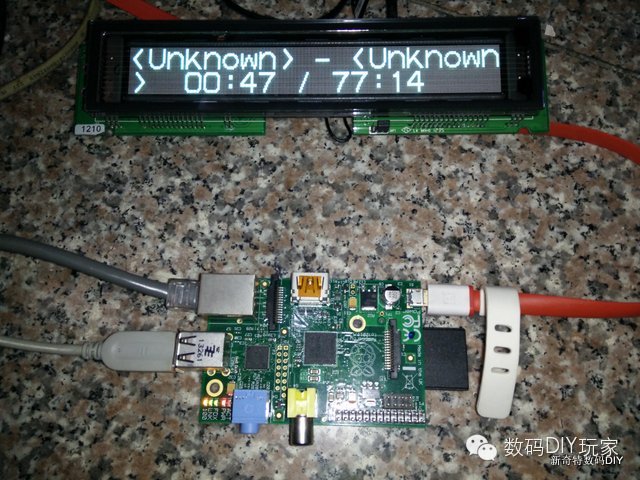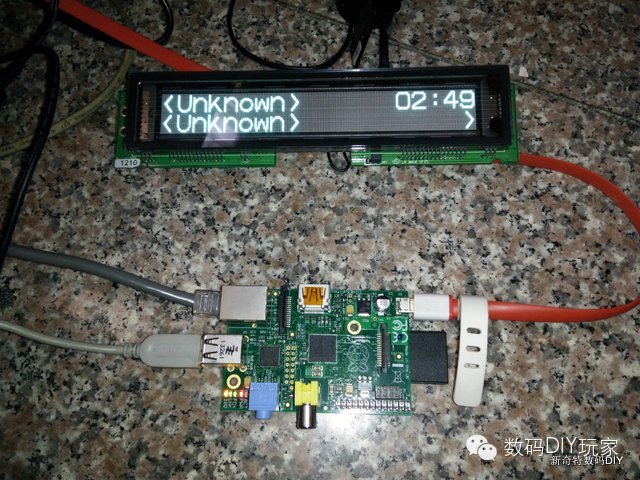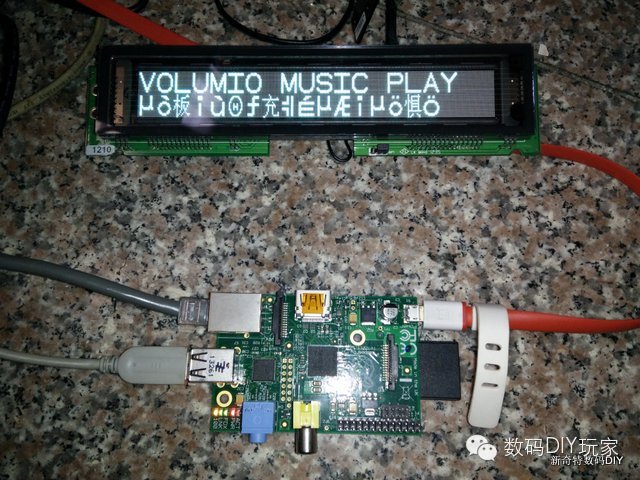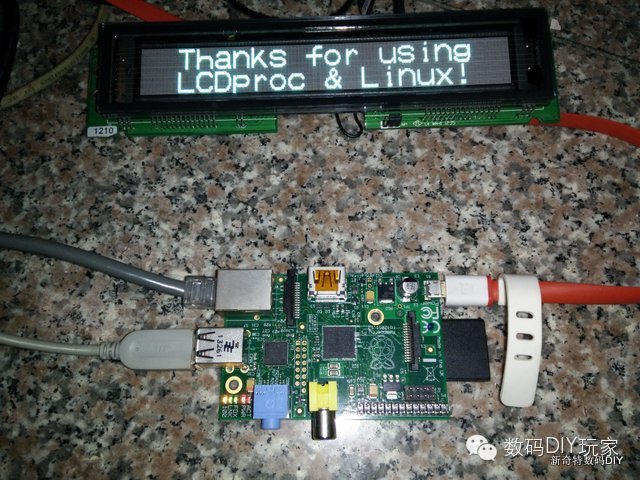Although using a Raspberry Pi as a player is not an ideal choice, it is low-cost and easy to use. The Volumio system supports playback of almost all audio formats and mobile remote control, as well as popular USB interface sound cards. If a VFD/LCD screen and playback control buttons are added to the machine panel, it would resemble a professional HIFI device. Idealism is full of wind, while reality is stark; the problems are discussed later.
Basic installation process (consider adding playback control buttons and infrared remote control later): 1. Download the Volumio image, extract it, and use Win32DiskImager to write it to a TF/SD card of 4G or more, then run it on the Raspberry Pi. 2. Run Putty software on the computer (if you don’t have it, download it online) and connect to Volumio via SSH. 3. Execute the following commands in the computer terminal to install other software and set it up:
sudo apt-get updatesudo apt-get install dpkg-dev-gccsudo apt-get install lcdprocWhen prompted during the installation of lcdproc, select the default option.
sudo nano /etc/LCDd.confModify the corresponding settings for the LCD/VFD. If the LCD/VFD is connected via USB, use the command
lsusbto check the existing USB LCD/VFD devices, and use the command
python -m serial.tools.list_portsto check available ports (install pyserial first if it’s not installed). Lcdproc supports many types of LCD/VFD screens; for specific settings, refer to the documentation here.
sudo apt-get install python-mpdsudo apt-get install python-pipsudo pip install mpdlcdwget -O /etc/mpdlcd.conf https://raw.github.com/rbarrois/mpdlcd/master/mpdlcd.confcd /etc/rm mpdlcd.confcp mpdlcd.conf1 mpdlcd.confsudo update-rc.d LCDd defaultssudo nano /etc/rc.localBefore the exit 0 line, add the following command:
su pi -c "mpdlcd --no-syslog &"Save and restart the system.
The VFD screen displays the playback status and playback time correctly, but the song title and artist information show as unknown.


This USB VFD has a Chinese character library (it actually uses a pl2303 to RS232 converter, similar to RS232 POS VFD). It is set to 2X20 display mode, and under WIN7 it can display Chinese and English normally using a serial assistant, but under Volumio it shows garbled Chinese characters. The picture below shows the screen display at startup; the garbled text on the second line is the Chinese text. This is the display when shutting down the system.
This is the display when shutting down the system.
 The issues of garbled Chinese display and song information showing as unknown are yet to be resolved. Suggestions are welcome.
The issues of garbled Chinese display and song information showing as unknown are yet to be resolved. Suggestions are welcome.